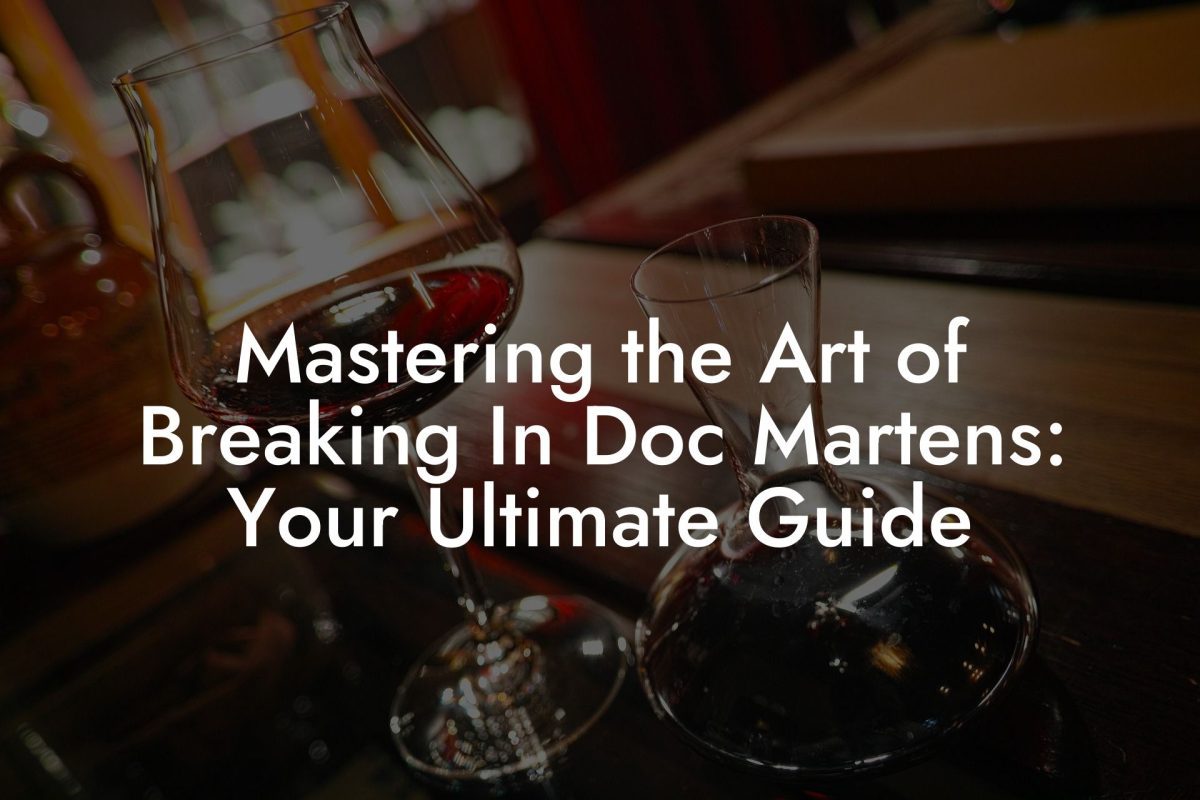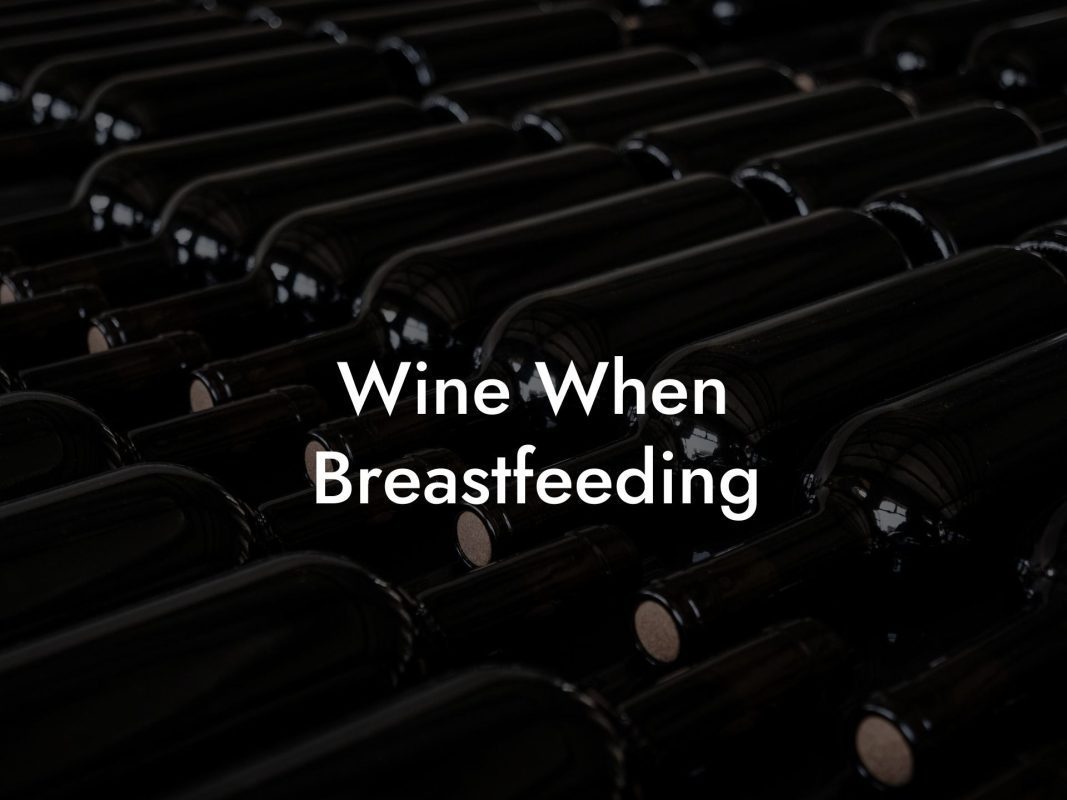Hey wine lovers, ever wondered how the magic of fermentation turns grape juice into your favorite beverage? Well, hold your wine glasses steady as we dive into the fascinating world of wine fermentation! Join Black Wine Club's journey through the grapevines to unveil the secrets behind this age-old process. So, swirl your wine around, allow the aroma to mesmerize you, and let's uncork this topic together!
How Long To Ferment Wine Table of Contents
What is Fermentation?
Before we dive into the nitty-gritty of how long it takes to ferment wine, let's understand the basics. Fermentation is a natural process in which yeast converts the sugar present in grapes into alcohol and carbon dioxide. The details involved can be quite complex, but here's a simplified breakdown of how it works in wine production:
- Harvesting grapes at the right ripeness level to get the desired sugar content.
- Crushing and pressing the grapes to release grape juice.
- Adding yeast cultures to the grape juice (or relying on naturally occurring yeast).
- Yeast consumes sugar and releases alcohol and carbon dioxide as by-products.
- Fermentation continues until the desired alcohol level is reached or until all sugar is consumed.
Factors Influencing Fermentation Duration
Several factors can impact the length of time it takes to ferment wine. These include:
Do You Want to Win a Free Bottle of Wine?
Don't miss out on the opportunity to win a free bottle of wine every week.
Enter our weekly prize draw today!
- Yeast strain: Different yeast strains have varying fermentation rates and alcohol tolerance levels.
- Temperature: Warmer temperatures generally speed up fermentation, while cooler temperatures slow it down.
- Nutrients: Adequate nutrients for the yeast will ensure a healthy fermentation process.
- Sugar content: Higher levels of sugar will require more time for the yeast to process it.
- Desired alcohol level: Some wines require higher alcohol levels than others, which means longer fermentation times.
Primary Fermentation
Primary fermentation is the initial phase during which most of the sugar is converted into alcohol. Depending on the factors previously mentioned, this stage can last anywhere from a few days to a couple of weeks. Here's a rough estimate of primary fermentation durations for some common wine types:
- White wines: 1-2 weeks
- Red wines: 1-3 weeks
- Rosé wines: 1-2 weeks
Secondary Fermentation
Secondary fermentation, also known as malolactic fermentation, occurs after the primary fermentation is complete. This process involves the conversion of malic acid into softer lactic acid and is more common in red wines but can also be used for some white wines. It generally takes somewhere between 1 to 3 months for this stage to complete.
How Long To Ferment Wine Example:
Imagine you're a winemaker crafting a delicious red wine. Your grape juice has reached the perfect sugar content, and you've just added a suitable yeast strain. After about a week, you've entered the primary fermentation stage, which lasts for two weeks. Once primary fermentation is complete, you decide to proceed with secondary fermentation to soften the acidity. This stage takes another two months to complete. Overall, it took you around 2-3 months of fermentation to achieve the desired taste and alcohol content for your red wine.
And there you have it, fellow wine enthusiasts! Now you know how long it takes to ferment wine and the various factors influencing this fascinating process. So next time you sip on your favorite glass of bubbly, take a moment to appreciate the time and effort it took to create the flavors and aromas you celebrate. Don't forget to share this article with your wine-loving friends and explore more of Black Wine Club's in-depth guides to continue your educational journey in the captivating world of wines. Cheers!
Do You Want to Win a Free Bottle of Wine?
Don't miss out on the opportunity to win a free bottle of wine every week.
Enter our weekly prize draw today!












